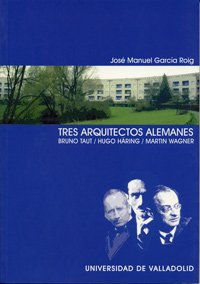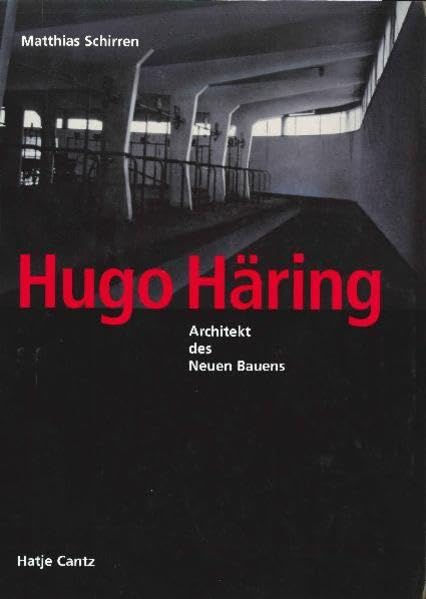top of page
Hugo
Häring
Hugo Häring (1882–1958) was a German architect closely associated with organic functionalism and the Neue Bauen movement. He rejected rigid standardization, advocating for designs shaped by human needs and site-specific conditions. His most notable work, the Gut Garkau Farm (1924–1926), reflects his philosophy of architecture as a dynamic, organic response to its environment. Häring was also a key theorist, influencing modern architectural thought through his writings and debates. Though overshadowed by contemporaries like Mies van der Rohe, his work laid the foundation for later explorations in user-centered, adaptable architecture, leaving a lasting impact on 20th-century design theory.
bottom of page


%20und%20der%20Chinesische%20Werkbund-%20mit%20Hugo%20H%C3%A4ring%20und%20Hans%20Scharoun_.jpg)




